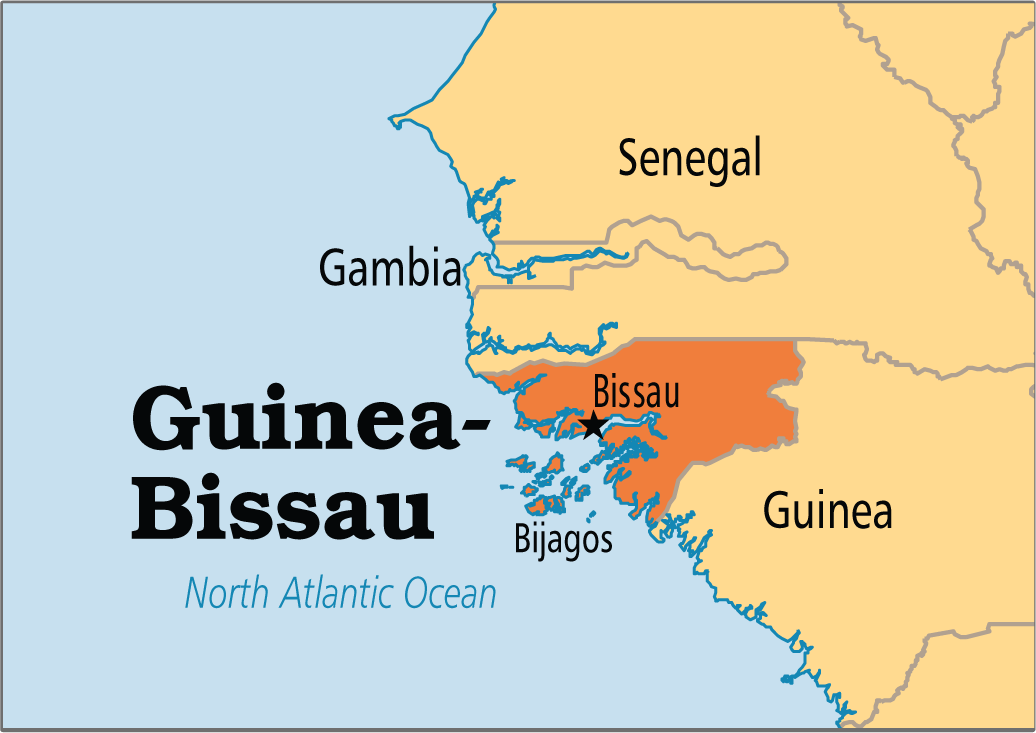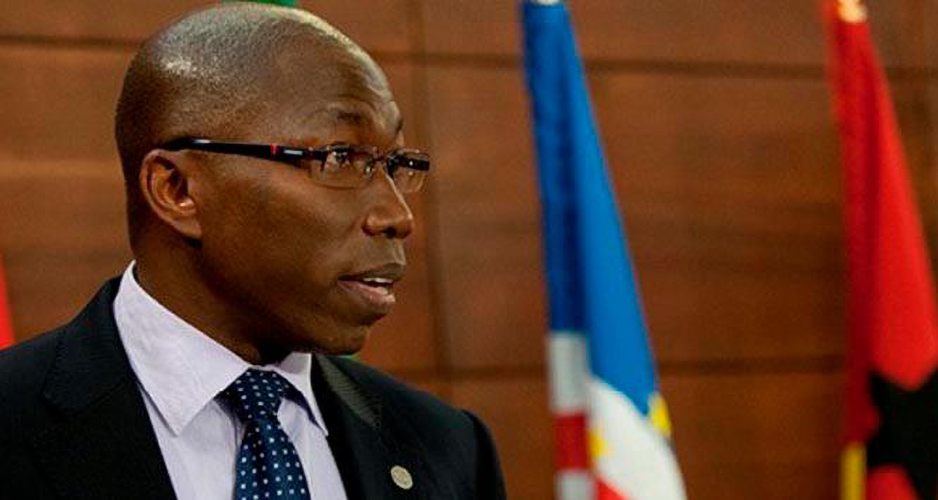The leader of Guinea-Bissau’s largest party and former prime minister, Domingos Simões Pereira, said Saturday that Guinea-Bissau is mired in “total anarchy.”
He said political power was “cowardly” hiding behind manipulated court decisions and that “either we all, as citizens, rise up to put an end to this state of affairs, or we will reach points we can no longer manage.”
Domingos Simões Pereira’s statements to journalists, reproduced by the Lusa news agency, are harsh and show that the president of the African Party for the Independence of Guinea and Cape Verde (PAIGC) is reaching his limits: “I am a proper citizen, but we are reaching a situation without a state, a situation of total anarchy.”

In his view, Guinea-Bissau is ruled by an “absolutely autocratic and anarchic power.”
The former prime minister responded by being prevented from leaving the country. Still, he was not even allowed to enter the grounds of Osvaldo Vieira Airport in Bissau this time.
This is even though the Court of Appeals overturned the measures imposed by the Prosecutor General’s Office (PGR) against President Umaro Sissoco Embaló’s main opposition figure.
The coercive measures issued by the Prosecutor General already seemed excessive, considering that they related to a case that had already been concluded, in which Domingos Simões Pereira had been named as a witness, as indicated by his defense.
The leader of Guinea-Bissau’s largest party is angry that the authorities continue to impose these penalties even after they have already been revoked.
“The most important thing is that the same political power that cowardly hides from court decisions today refuse to comply with the same court decision and does so again in a cowardly manner,” he denounced.

“In order not to expose themselves to the proof that they have nothing legal in their hands to prevent me from boarding and to travel, they are preventing me from entering the airport premises,” Simões Pereira complained, calling it “the lowest kind of action we have ever seen.”
It is essential to understand “what level we have reached in the repression of the fundamental freedoms and rights of citizens,” he said.
“We have reached the situation of a non-state. There is no one here to show me a law or an order that says this is the reason you can’t enter the airport. There is no one; who do I talk to?”.
The Ministry asked the People’s Assembly to waive the PAIGC leader’s parliamentary immunity so he could be “questioned as a suspect” in the so-called Resgate trial, but parliament rejected the request.
Simões Pereira’s lawyers assert that the trial has already been completed and ended with the acquittal of the only defendant, a former finance minister and that his constituent’s name only counts as a witness.
Therefore, in its decision, to which Lusa had access, the Court of Appeals declared “null and voided the order of the Attorney General of the Republic,” Bacari Biai, imposing the coercive measures requested by the Ministry.
Domingos Simões Pereira also said that the case involved alleged government financial assistance to banking institutions but that the agreed aid was signed in November 2015, when he was no longer prime minister, a post he held between July 2014 and August 2015.
COUNTRY BACKGROUND
The territory belonged to the Portuguese Empire since the 16th century. In the 19th century, it was colonized as Portuguese Guinea.
Upon independence, declared in 1973 and recognized in 1974, the name of its capital, Bissau, was added to the country’s name to prevent confusion with Guinea (formerly French Guinea).
Guinea-Bissau has a history of political instability since independence, and only one elected president (José Mário Vaz) has successfully served a full five-year term.
The current president is Umaro Sissoco Embaló, who was elected on 29 December 2019.
Guinea-Bissau’s GDP per capita is one of the lowest in the world, and its Human Development Index is one of the lowest on earth.
More than two-thirds of the population lives below the poverty line.
The economy depends mainly on agriculture; fish, cashew nuts, and ground nuts are its major exports.
Guinea-Bissau is a founding member state of the Community of Portuguese Language Countries (CPLP), also known as the Lusophone Commonwealth, an international organization and political association of Lusophone nations across four continents, where Portuguese is an official language.
Only 2% of the population speaks Portuguese, the official language, as a first language, and 33% speak it as a second language.
However, Guinea-Bissau Creole, a Portuguese-based creole, is the national language and is also considered the language of unity.
According to a 2012 study, 54% of the population speak Creole as a first language, and about 40% speak it as a second language

